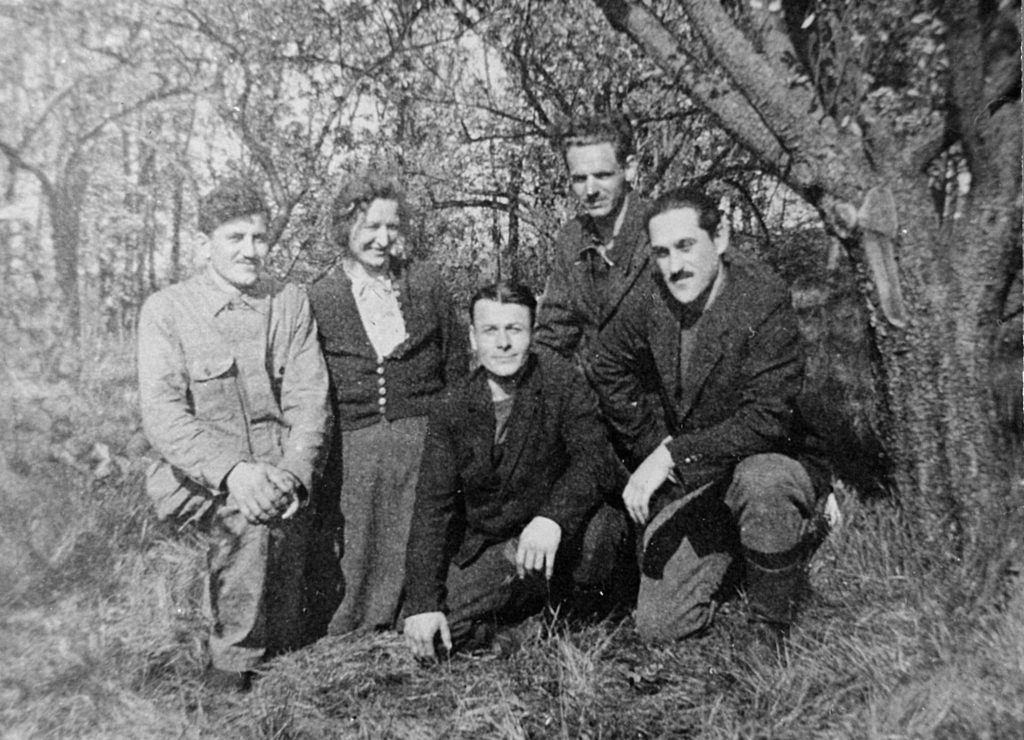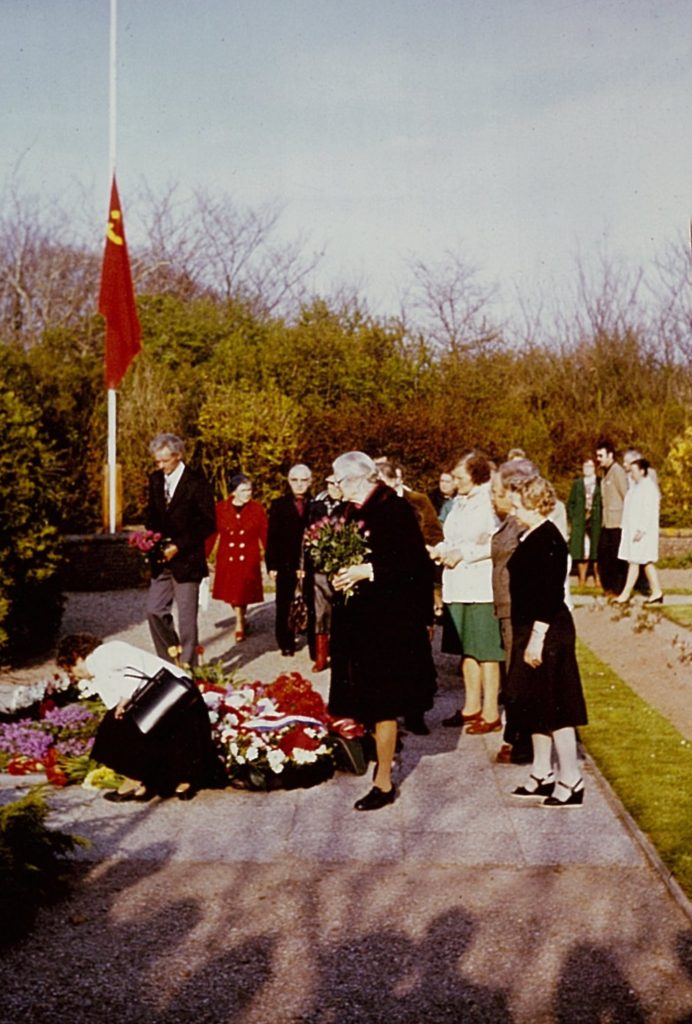- Zuid Haffel 47, Den Burg, The Netherlands
In April 1945, the 822nd Wehrmacht-infantry battalion was stationed on Texel. The battalion consisted of 800 Georgian volunteers and 400 German soldiers. German commander Klaus Breitner and volunteer commander Sjalwa Loladze are in charge. On 5 April 1945, Breitner announced that the battalion must prepare to leave early the next day to head east and join the fight against the Allied troops. At the time, Breitner had no idea that many of his German soldiers would not make it through the night.
In the early hours of 6 April, the Georgian soldiers revolted against their German colleagues. They called the operation ‘The Day of Birth’. Many Georgians were assigned a German from the Battalion to kill. That notorious night 180 Germans soldiers died. They were killed in their sleep with knives and bayonets. The moment of the uprising was more or less chosen by the Germans themselves. A large part of the battalion was to be transferred to the east of the Netherlands to stop the allies. This announcement was why Commander Loladze could not wait any longer and felt the need for the Georgians to redeem themselves for their service in the German army.
There are several reasons why the Georgians revolted against the Germans. In 1942 they were taken prisoner of war on the Soviet Eastern Front and housed in camps in Poland. The suffering that took place there is too monstrous to put in writing. Hunger, exhaustion, injuries and deaths occurred daily. To escape these inhumane situations, many Georgians voluntarily joined the German army. But the desire for revenge never left them.
Another reason for the uprising was the imminent liberation. The Allied troops were steadily pushing north from Normandy, and the war was seemingly coming to an end. To clear their name, the Georgians felt they needed to show their loyalty.
The uprising of the Georgians cost the lives of 120 men from Texel, at least 565 Georgians, and approximately 812 German soldiers. Dozens of farms on Texel went up in flames. Although the German occupier has surrendered unconditionally on 5 May, the war on Texel lasted until 20 May. The Georgian Uprising is also called ‘Europe’s final battlefield.’


